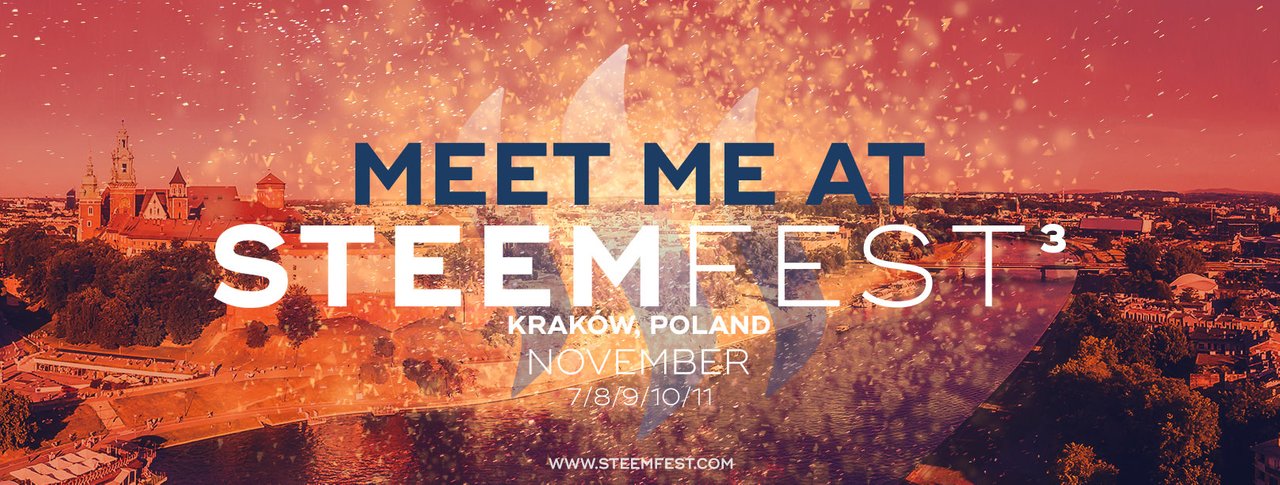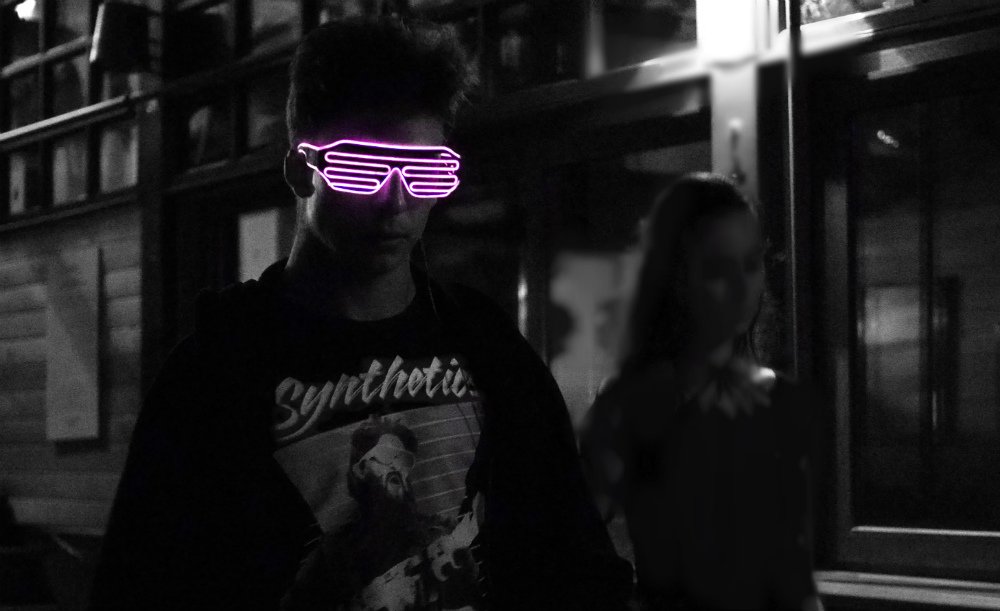It is clear that on our way to synthetic ascension, it will be our bodies that we first transform. Whether that be by way of synthetic limbs, joints and organs, or tampered with genetics. Our physical journey from completely organic to part synthetic is well and truly underway.
The reasons to turn yourself into a part-synthetic entity at the moment are two-fold. It is either for cosmetic enhancement or to alleviate a medical condition. As society evolves, so too will our reasons to change our bodies.
So then is it inevitable that the end point for the synthesisation of the human race is that of the total mind upload?
If so; then how much of the progress in this area is determined by technology, and how much by societal acceptance of the concept?
Approaching The Future
Dr Hannah Critchlow, a Top 100 UK Scientist and a leading neuroscientist at the university of Cambridge, suggests that copying a brain may not be that difficult after all. She claims it is more a matter of processing power.
In fact she says that; '...it may be theoretically possible to take a snapshot of a human brain and upload that image onto computer.' Even though her statement has erroneously been translated and reported as; Humans could download brains on to a computer and live forever. The statement gives a clue as to the current thinking within neuroscience circles.
Another company, Nectome, has announced that they will provide a brain preserving service for people who may want to be revived in the future. Their groundbreaking technique allows them to embalm a brain with special chemicals for hundreds of years. Or for thousands by preserving it in a glass statue.
The company have won various prizes, grants and awards, after demonstrating their technique by preserving a pig's brain with all synaptic connections intact.
Of course nobody can copy the information and upload that pig's brain onto a computer.
Yet.
A Spare Part History
In 1967 Louis Washkansky became the first ever human being to have another person's heart replace his own.
Imagine for a second that you were having a conversation two hundred years before that in 1767. The idea of putting someone else's heart in place of your own so that you could carry on living, after the original owner of the heart had already died. Would have been preposterous to say the least.
Not only would the conversation sound bizarre to any listeners at the time. The moral implications of such an outlandish experiment would surely have come into question.
For many centuries the heart was thought to be the seat of the soul, the epicentre of raw emotions that went to make up an individual's character.
We love with our hearts, we suffer from a broken heart or experience heartache. In bravery a person either has, or shows great heart and a black heart indicates a shady and dark character. So for many thousands of years of human history there was no separation, the person was the heart.
It is easy to see why the heart should take up such an important role in the history of the human psyche. Without it the whole body is useless. A person may even survive bits of their brain missing, however a fully functioning heart is the only option in the matter of survival.
Courage, bravery, vitality and life, the very essence of what makes us human was meant to reside in our hearts. So it can safely be assumed that before it happened, the idea of a heart transplant would have been a completely unthinkable and impossible act.
Moral Backlash
Indeed even today there are still some remnants of that fear of organ transplantation and blood transfusion. The Followers Of Christ religious sect. And even some members of the more mainstream Mormons, are often in the news for refusing transfusions for their children on religious grounds.
What then lies in store for the future of consciousness upload?
Today a believer might intimate that it is our consciousness minds that are proof of our eternal souls. In the eyes of religion it is the conscious mind that will live on after death, to be rehoused in a celestial body. Or to become part of a greater ancient collective.
Therefore when the technology does eventually become sufficiently advanced to transfer your conscious mind from your organic brain to a digital medium. A plethora of moral hand wringing and religious arguments are bound to arise.
In the same way there are parents today who would turn down potential life-saving treatment for their offspring, on the grounds of religious belief. So too will there be future citizens who will forgo mortal benefits in favour of spiritual conviction.
Outpacing Progress
Whatever happens in the area of brain uploading we can be sure of one thing, and that is that the speed by which technology advances is exponential.
We have seen some incredible advances in certain fields within just the last five years. I wrote in the last Robots Are Coming: article, how we have gone from robot limbs you can control with your mind. To ones that can do that, and are wired up to your nervous system, giving you a sense of touch via your bionic arm.
So it is not unreasonable to imagine that whilst it perhaps won't be a uniformly smooth one. Our journey on the path to the synthetic ascension of the human race, is well and truly underway.
Sources:
Fifty Years Of Heart Transplant - Timeline, British Heart Foundation
A startup is pitching a mind-uploading service that is “100 percent fatal” - MIT Technology Review
Busting Brain Myths - University of Cambridge - Hannah Critchlow
Humans could download brains on to a computer and live forever - Cited article The Telegraph
Letting them die: parents refuse medical help for children in the name of Christ
Further reading:
The Robots Are Coming: Synthetic Ascension And The Power Of Touch
WOULD YOU COPY YOUR MINDSTATE? WOULD YOU UPLOAD YOUR CONSCIOUS BRAIN TO THE CLOUD, OR PERHAPS LATER INTO ANOTHER BODY? DO YOU BELIEVE IN AN ETERNAL SOUL? IF SO WHAT IMPLICATIONS COULD THIS TYPE OF TECHNOLOGY HAVE ON THOSE BELIEFS?
AS EVER, LET ME KNOW BELOW!
Title image: Alexey Suslyakov on Unsplash

